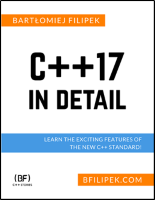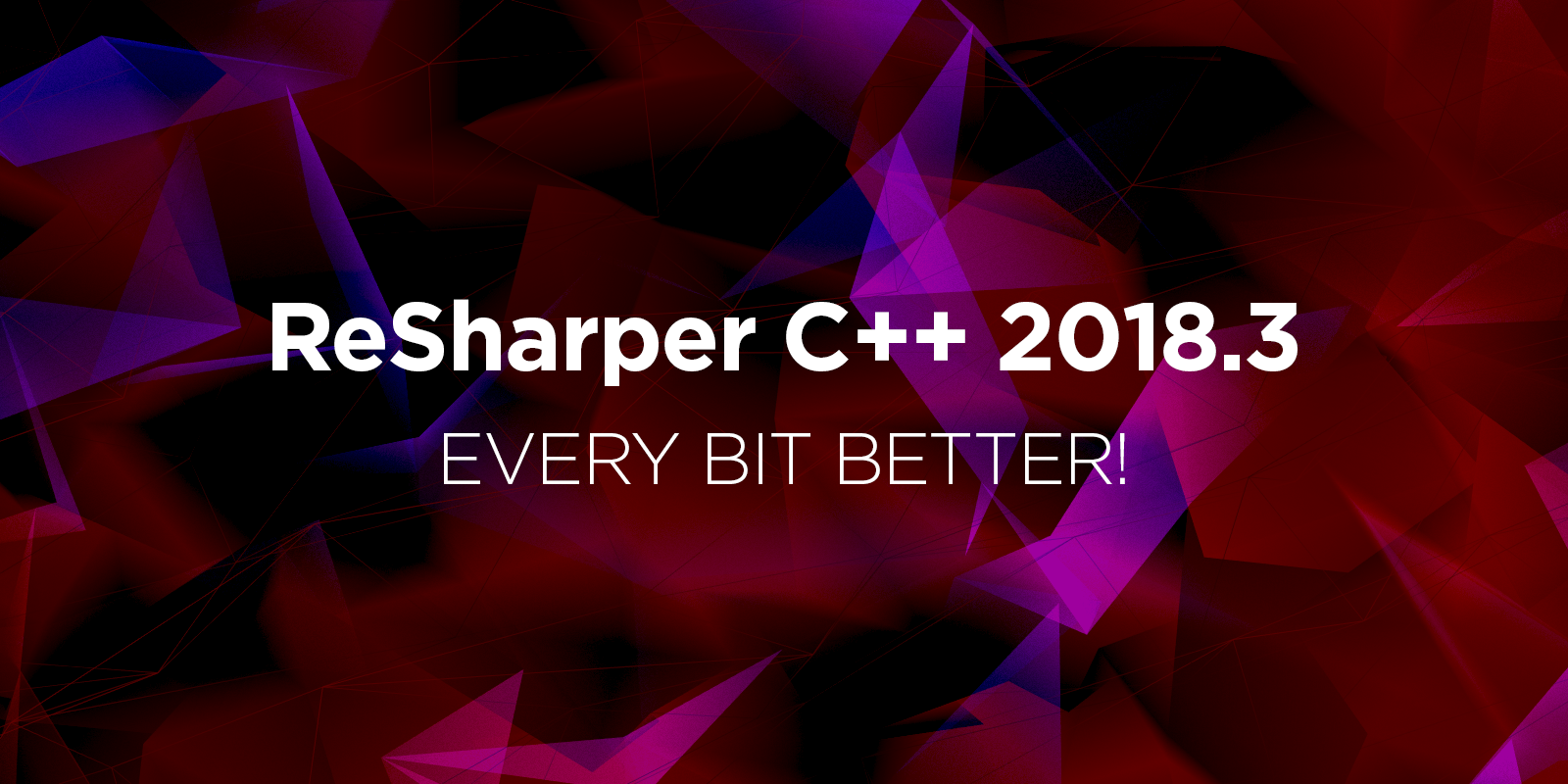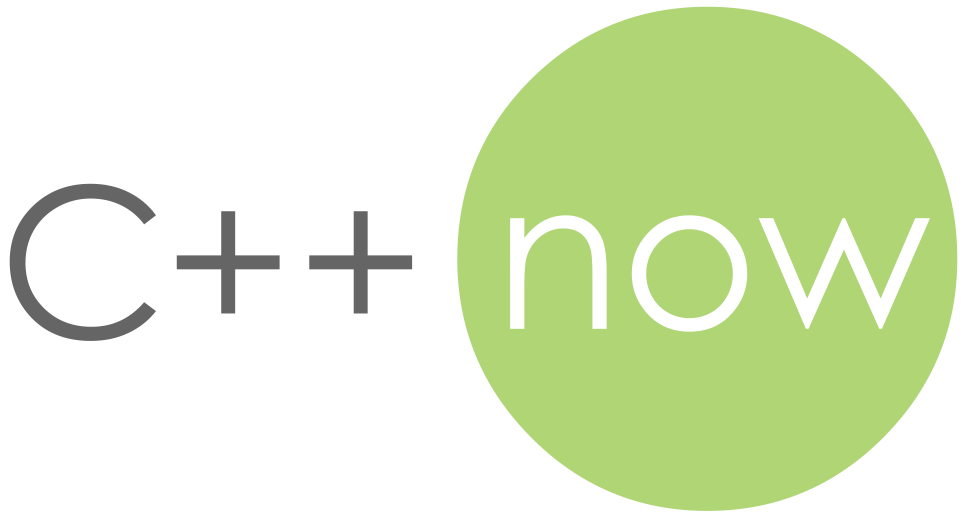How To Parallelise CSV Reader with C++17 - new chapter in C++17 in Detail

Just before Holiday Break, I've added a new chapter to my book:
How To Parallelise CSV Reader with C++17 - new chapter in C++17 in Detail
By Bartlomiej Filipek
From the new chapter:
In the new chapter, you’ll see how to build a tool that works on CSV files, parses lines into sales records and then performs calculations on the data. The code uses many C++17 features. You’ll see how easy it is to add parallel execution to selected algorithms and have a performance improvement across the whole application. In the end, we’ll discuss problems that we found along the way and possible future enhancements.


 C++Now 2019 will be held in Aspen, May 5–10, 2017.
C++Now 2019 will be held in Aspen, May 5–10, 2017. ACCU’s Overload journal of December 2018 is out. It contains the following C++ related articles.
ACCU’s Overload journal of December 2018 is out. It contains the following C++ related articles.